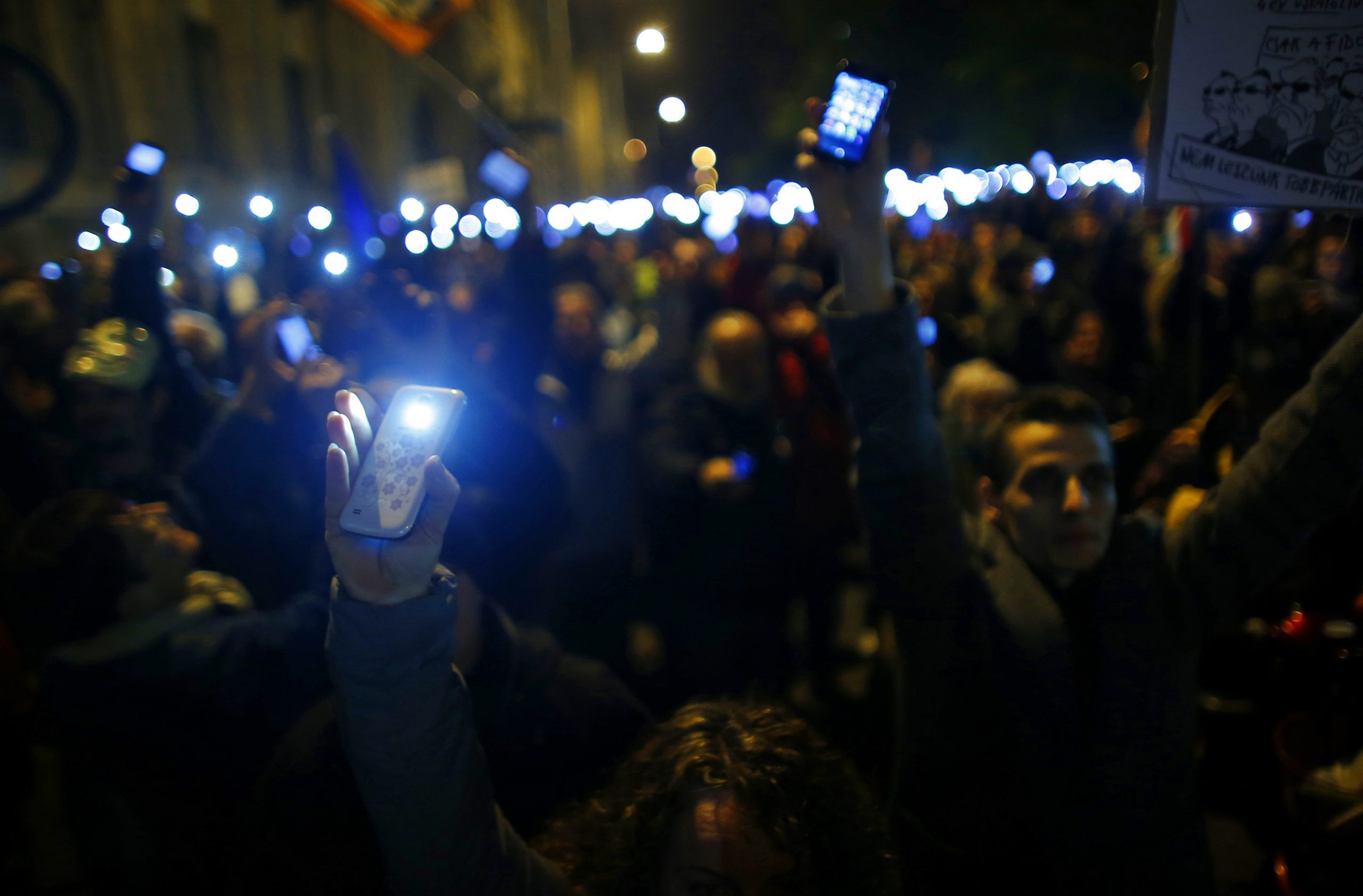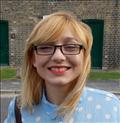
Gates Cambridge Scholars will be speaking at this year's Cambridge Festival of Ideas.
Well-publicised incidents of misinformation reinforce gatekeepers’ verification barrier between private information and public evidence; in other words, verification stands between civilian witnesses and the mechanisms of human rights accountability.
Ella McPherson
A Gates Cambridge Alumna is speaking at a debate on censorship by omission at the Cambridge Festival of Ideas which starts this week.
Ella McPherson [2004], who did her PhD in Sociology and is now a lecturer in the Department of Sociology at Cambridge, will speak in the debate Hidden Voices: Censorship Through Omission on 21st October.
Other speakers include international human rights, arts and culture broadcaster and journalist, Bidisha, writer and journalist Peter Hitchens and feminist writer and journalist Julie Bindel. Ella, who delivers a lecture series on ‘Control and resistance in digital societies' at Cambridge, will talk about "digital human rights reporting by civilian witnesses and the verification problem."
She will talk about how a YouTube video portraying a young boy rescuing an even younger girl from what seemed to be a hail of bullets went viral and hit the headlines last November. Ella says the video, titled “Syria! Syrian hero boy rescues girl in shootout”, demonstrated both the promise and pitfall of social media for the public generation of accounts and accountability. She says: "On the one hand, the spread of this video demonstrated how social media facilitates the participation of new communicators. On the other, the BBC eventually debunked this video as a fake, funded by the Norwegian Film Institute and Arts Council Norway and shot by a Norwegian director in Malta on a set used by blockbuster films Troy and Gladiator, using professional child actors."
She adds: "Social media’s affordance of misinformation is a problem not just for the human rights fact-finders trying to parse the wheat from the chaff, but also for the civilian witnesses trying to publicise their documentation of violations. This is because well-publicised incidents of misinformation reinforce gatekeepers’ verification barrier between private information and public evidence; in other words, verification stands between civilian witnesses and the mechanisms of human rights accountability."
Another Gates Cambridge Scholar who is speaking at the Festival, which runs from 19th October to 1st November, is Afrodita Nikolova [2014], who is doing a PhD in Education, has helped to organise a session entitled Post-conflict poetry: fractures into unity. During this workshop participants build a poem of unity by performing fragments from the Balkans, Northern Ireland, Sri Lanka, Israel and Palestine, in the original languages and in English. Audience members are invited to write their responses to the poems.
Established in 2008, Cambridge Festival of Ideas aims to fuel the public’s interest in arts, humanities and social sciences. The events, ranging from talks, debates and film screenings to exhibitions and comedy nights, are held in lecture halls, theatres, museums and galleries around Cambridge. Of the over 250 events at the Festival, most are free.
For more information about the Festival of Ideas, click here.

Afrodita Nikolova
- Alumni
- North Macedonia
- 2014 PhD Education
- Wolfson College
As ethnically Aromanian poet I am interested in the "personal" and the "social" in poetry, what Carolyn Forché called "poetry of witness". This shaped my work as English lecturer as well as creative writing programme director and workshop facilitator with youth in diverse learning settings. When my poetry pamphlet "Omaynina" earned the national award "Lesnovski Dzvona", I co-founded the literary magazine "Sh". I felt I was thrown into the Macedonian literary scene with the joy and caution of a child jumping on a trampoline. Doing journalism, educational projects for the NGO "Izlez", I was awarded a scholarship for a Balkan ethnic tensions seminar, Sarajevo. During the MPhil project I explored readers' aesthetic and cultural responses to Shakespeare's The Merchant of Venice and the role of literature in social justice. Expanding my knowledge in the field of the arts practices in the criminal justice system, for my PhD I am working on the arts-based design, delivery and evaluation of a new participatory Spoken Word Poetry Programme (SWPP) for self-development through creative engagement and performance together with young people, the staff and artists/educators in a Macedonian prison.












